09-13 July 2018
Dengue remains a public health issue of great significance in South East Asia and mosquito control remains currently our only defense. In this developing IT world, data pertinent for public health is becoming increasingly accessible and yet there remains a crucial need to create platforms to facilitate integration of data from multiple sources and more importantly, transformation of such data into information that can be used in decision-making. Richard Paul, from Institut Pasteur assisted by Anais Baudrier (IP) and Michael Bangs (Kasetsart University and International SOS) and Dr Ferdinand Salazar, at the Research Institute for Tropical Medicine, in collaboration with Edward Thomsen and Tom Toner from the Liverpool School of Tropical Medicine (LSTM) will implement the Disease Data Management System (DDMS+) in a pilot study in Lipa City, the Philippines, to assess its utility both to enable dengue control decision making and to accompany a novel mosquito control program. Meetings with the Bureau of Epidemiology Central Office, responsible for the current Philippine Integrated Disease Surveillance and Response program (PIDSR), along with the Department of Dengue Prevention and Control central office in Manila and local office in Lipa City, underlined the strong interest the Philippines has in developing novel tools both to cope with decision making and for actual control of mosquitoes, the vectors of dengue.
The primary objectives of this study are to assess the extent to which a novel mosquito control program can reduce the extent of dengue transmission and to test the DDMS+ (Disease Data Management System), a tool that integrates epidemiological, entomological, and intervention data, to meet the data management and decision-support needs of vector-borne disease control programs.
According to the official report of the Department of Health, in 2018, from January to March, the IVA-Calabrazon region where is situated Lipa City, is the most affected by dengue, accounting 19% of a total of 26,042 cases and showing an increase of 40% in comparison with the same time period last year. Additionally they also recently experienced an outbreak of chikungunya, vectored principally by another Aedes mosquito species, Aedes albopictus, underlying the need to consider vector-borne diseases in addition to dengue, including Zika.
Due to the decentralization of public health services in the Philippines, although information on dengue incidence is relayed to central office, the decision on actions taken is made at the local scale, by the provincial and municipal authorities. Thus, any IT system and any control methodology needs to be integrated at this level and the response to the proposed project was greeted with enthusiasm by the central and local authorities. Stakeholder implication in such projects is vital not only for their successful completion, but more importantly for their implementation over the long term. All stakeholders involved in dengue control are aware that vector control is a major challenge and that data management and analysis is necessary to set up a dengue control strategy in Lipa City.
Therefore, they were highly interested to discover this innovative In2care auto-dissemination system to dramatically decrease populations of Aedes and by the potential offered by the DDMS+.
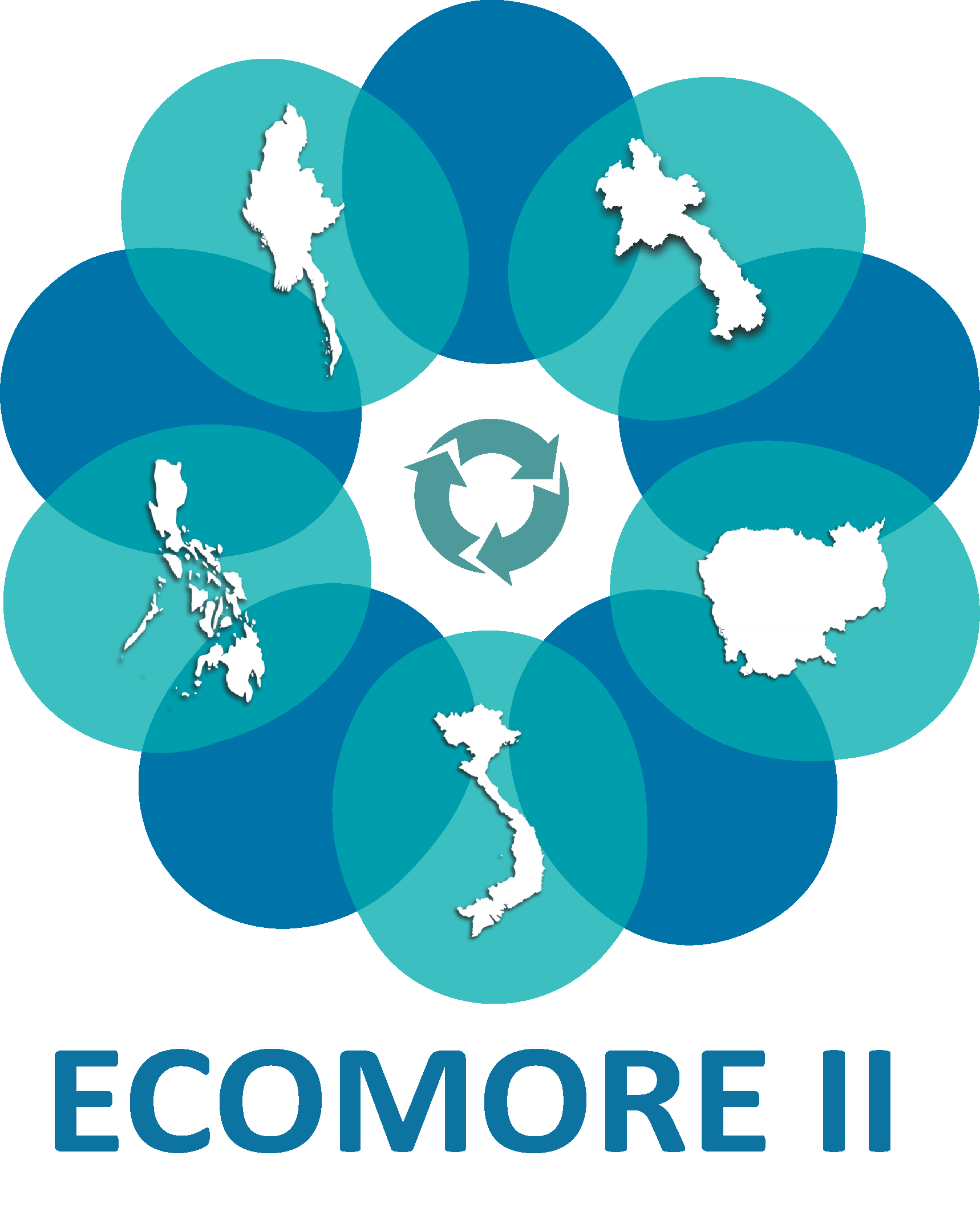
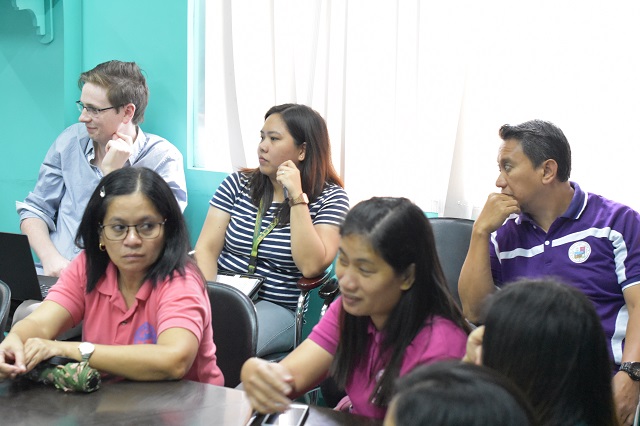

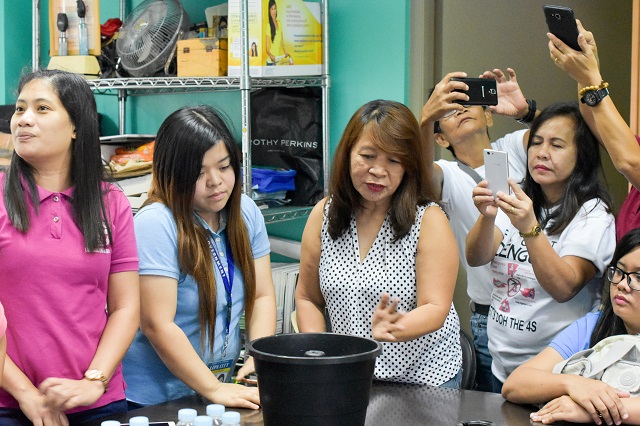
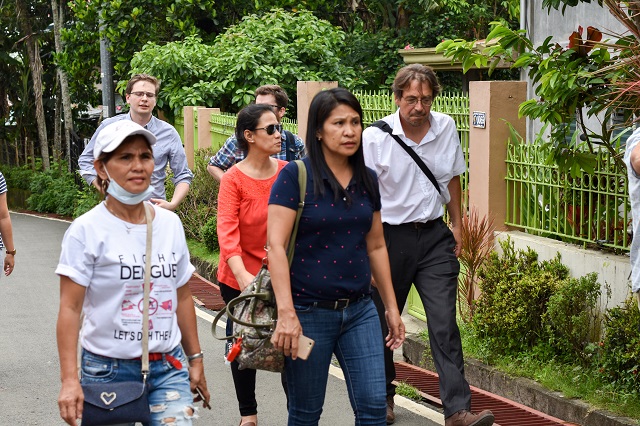
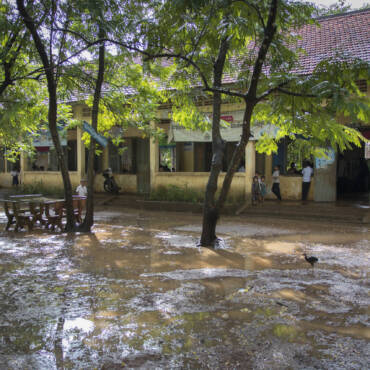
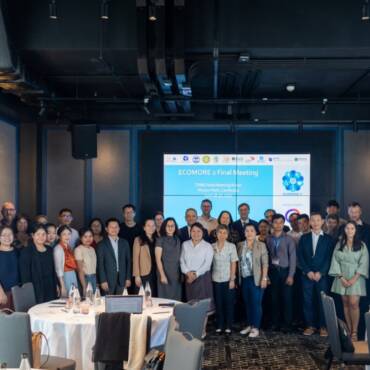
Add Comment